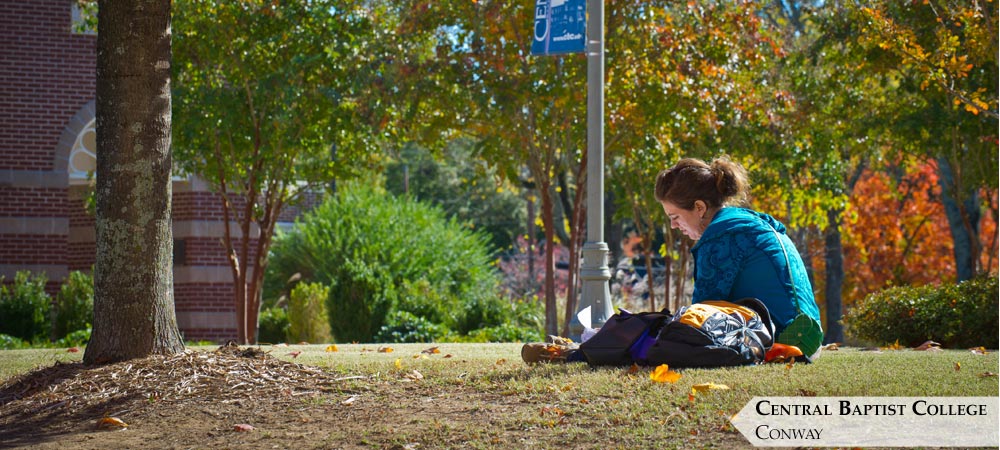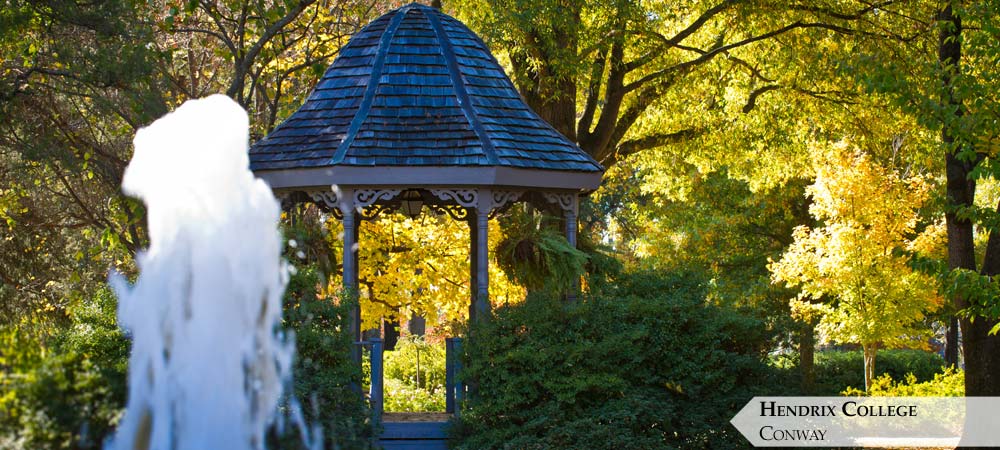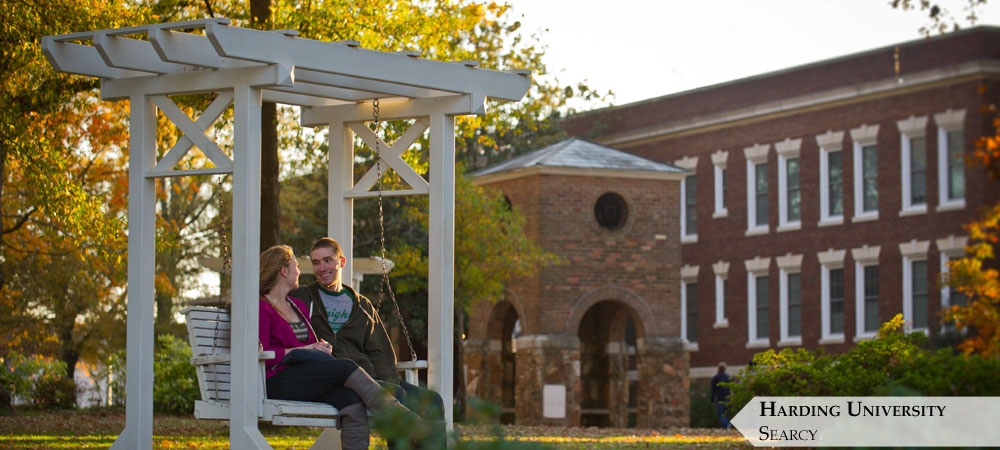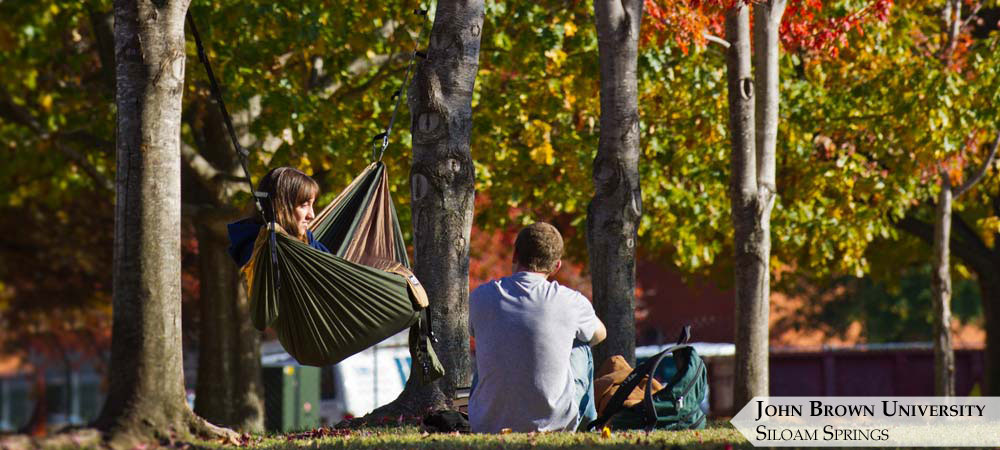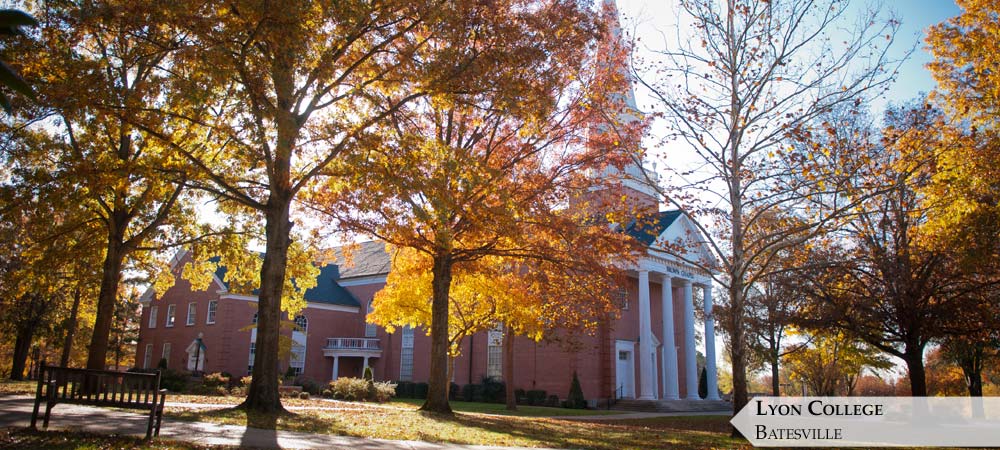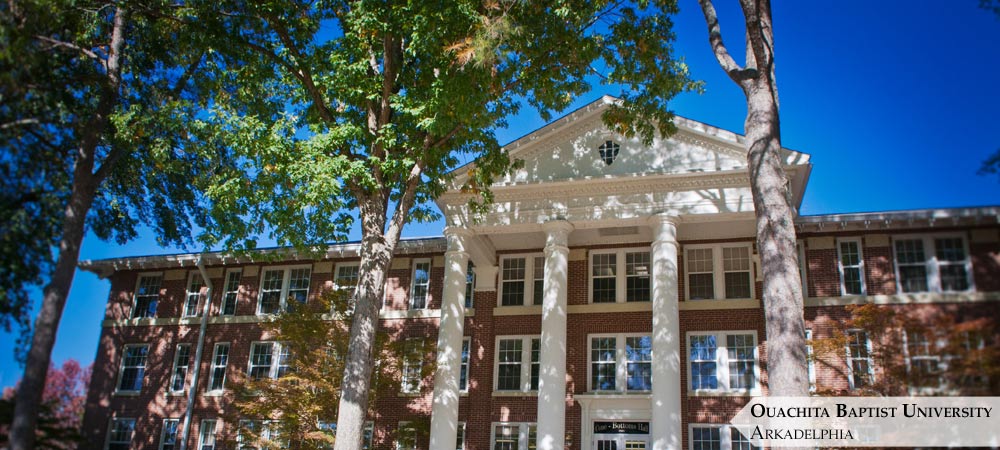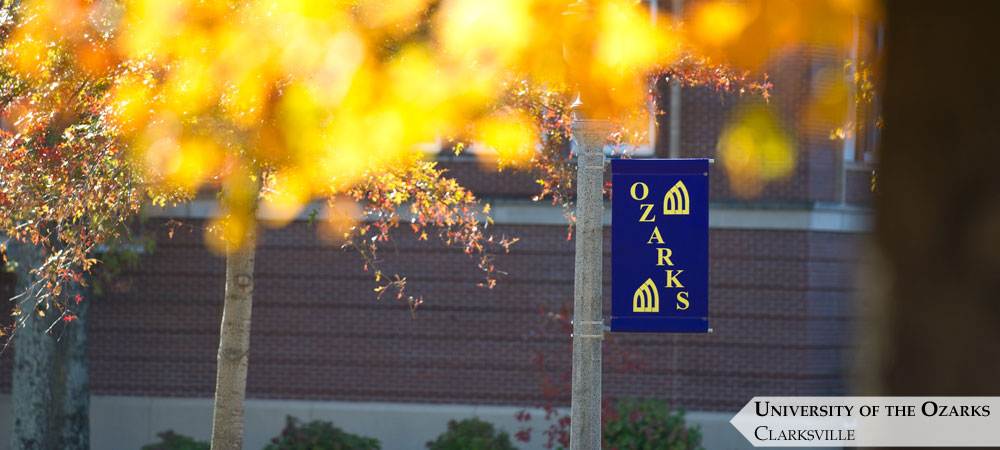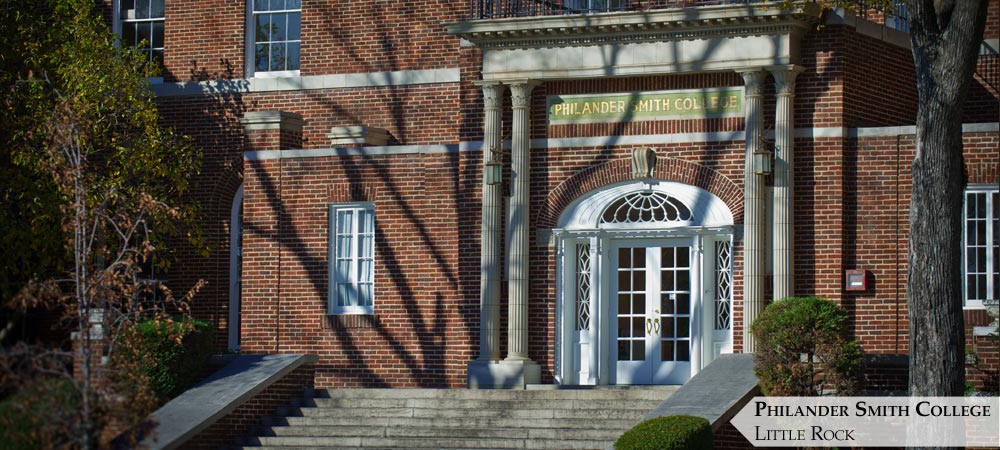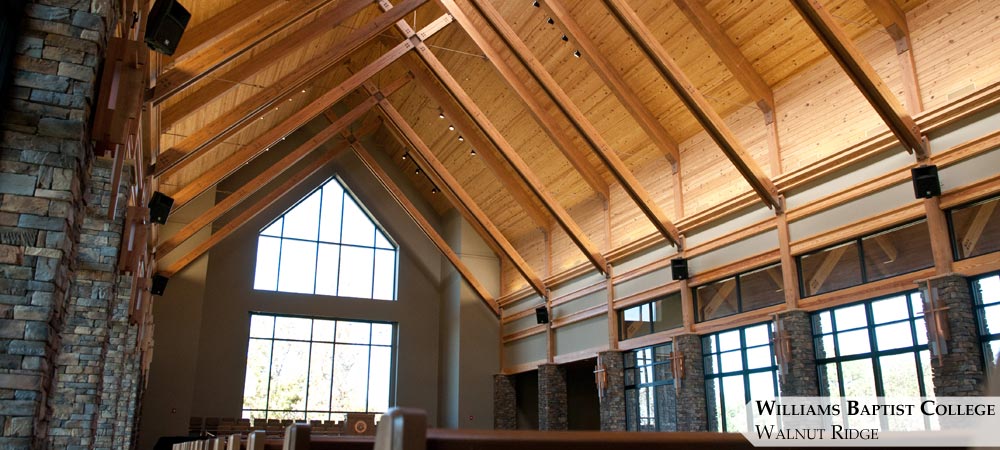Two Lyon College students are working in both the laboratory and the field to research the impact of poultry houses on local watersheds this summer.
Seniors Allison Mundy and Olivia Echols are researching the water quality in the Eleven Point and Black River watersheds. Poultry houses cause phosphorus and nitrogen runoffs, which can create harmful algae blooms in the water.

Mundy is working under Assistant Professor of Biology Dr. Allyn Dodd, and Echols is splitting her time with Dodd and Assistant Professor of Biology Dr. Maryline Jones.
They are studying the nutrients present in local streams to make sure they are at acceptable levels. If the streams are over-nutriated, then that is a sign that poultry house runoff is in the water.
“We’re also checking to see how much algae is growing in the streams,” Mundy said. “If there’s too much algae, the fish cannot survive because it depletes the oxygen in the water.”
She continued, “I’m checking the macroinvertebrates community. Basically, there are some bugs in the water that cannot live in pollution at all, so I check to see if any of those bugs are around and count them.”
Echols said she is studying the Ozark crawfish population to see how the pollution impacts the physiology of crawfish.
“We’re looking at how the nutrients have affected the osmoregulation of the crawfish,” Echols said. “Our main purpose right now is to try to sequence the genes involved in osmoregulation.”
Mundy said their work is part of Dodd’s research project in collaboration with Jones and Erik Pollock of the University of Arkansas, which was funded through a grant from the United States Geological Survey (USGS).
“We are just gathering information to share with the USGS so they can publish the research on their website and get it to whoever needs it.”
She said the USGS is worried about this region of Arkansas because of the growing number of poultry houses in the area.
“They’re checking to make sure everything is okay,” Mundy said, “and that people are within their regulations.”
Mundy and other students previously presented some of their research at the 2020 Posters at the Capitol event in February.
“I have a few business cards from a few legislators in the area,” Mundy said. “They were asking if we could send them our results when we’re finished.”
She continued, “Our research has a direct impact on the policies people are making. It’s really cool to know that my science gets to be reviewed at that level.”
Echols and Mundy are excited to be working on their first undergraduate research project and to apply what they have learned in their biology courses in the field.
“I learned about crawfish in Bio 110,” Echols said, “so I’m getting to apply a bunch of dissection and anatomy of crawfish from that course.”
Mundy said she is using what she learned in her Biological Statistics course to run her own statistics on this project.
“It’s great to be able to learn a different side of biology,” Echols said. “I’ve worked with cells and things like that , but not necessarily with bugs and water chemistry.”
She concluded, “It’s nice to be able to see the background of the impact poultry houses can have on ecology.”
“I like this research because it’s beyond the textbook,” Mundy said. “You get to contextualize how science is done, and you get to know it a lot better than you would just reading from a book.”

